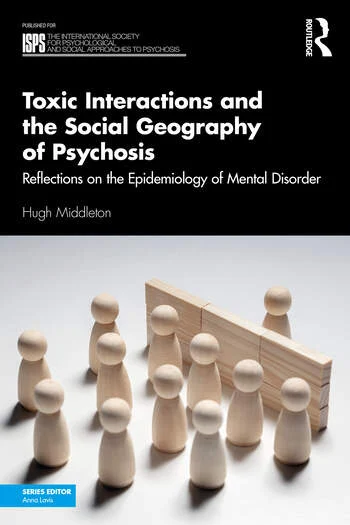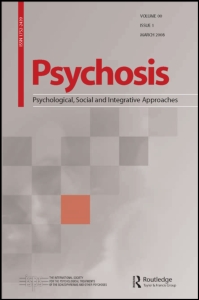Report from the 4th Annual Making Sense of Psychosis
September 7, 2012 2012-09-07 17:43Report from the 4th Annual Making Sense of Psychosis
by Mike Ang
The fourth New Zealand Making Sense of Psychosis conference organised by the New Zealand branch of the ISPS and co-hosted by the University of Auckland Department of Psychology was held in November 2006. The theme this year was “Sharing What Works”.
As part of the conference two concurrent workshops were held on hearing voices and addressing spirituality issues. A number of participants who attend the Hearing Voices workshop endorsed the model of having both a clinician ( Helen Hamer) and a consumer (Debra Lampshire) co-facilitating the skills training on developing a therapeutic approach to reducing distressing voices. The Spirituality Workshop facilitated by Dr Patte Randal was also highly valued and led to some active discussion between many clinician participants and a number of chaplains and religious ministers who attended the workshop.
We were privileged to have a number of international speakers with keynote speakers Professor Matthias Angermeyer from Germany presenting an evidence-based approach to reducing prejudice and Dr John Gleeson from Australia speaking about cognitive and analytical therapy to assist with personality difficulties. There were also speakers from Hawaii and Norway sharing their international experience.
A highlight of the conference was New Zealand speaker Arana Pearson, who provided the opening talk but also closed the conference in his own unique musical manner, coming to a conclusion that maybe the best way forward is for consumers and clinicians to work together as a team.
Dr Sandy Simpson from the regional forensic service spoke on restoring life’s compass; what works to help reduce criminalisation and enhance recovery from psychosis in a forensic setting. He emphasised the humanity of care, the importance of comprehensive care and continuity of care.
It was pleasing to see a range of talks from different services including an inpatient service looking at reducing the rate of restraints, early interventions teams and the mental health commission. There were presentations from a range of multidisciplinary staff including nursing, occupational therapy, clinical psychologists, psychiatrists and an inspiring talk from Sue Crooks looking at consumer development.
An ongoing strength of this conference is the opportunity for young clinical psychologists to present their research in the area of psychosis.
Personally I thought the balance at this conference was about right, between hearing from consumers, innovative service development and scientific research data. The focus of ISPS is the promotion of psychological treatments in psychosis. I think this conference was successful in supporting and encouraging clinicians towards this end.
Consideration will be given by the newly elected Executive Committee for New ISPS-NZ to running this conference every two years rather than annually. The possibility of a workshop, such as the Hearing Voices workshop, run in the intervening year – possibly outside of Auckland – will also be considered.
Hopefully these events will continue to help us “make sense of psychosis.”
Mike Ang
For information about ISPS-NZ, or for a membership application form, please e-mail ispsnz@gmail.com



